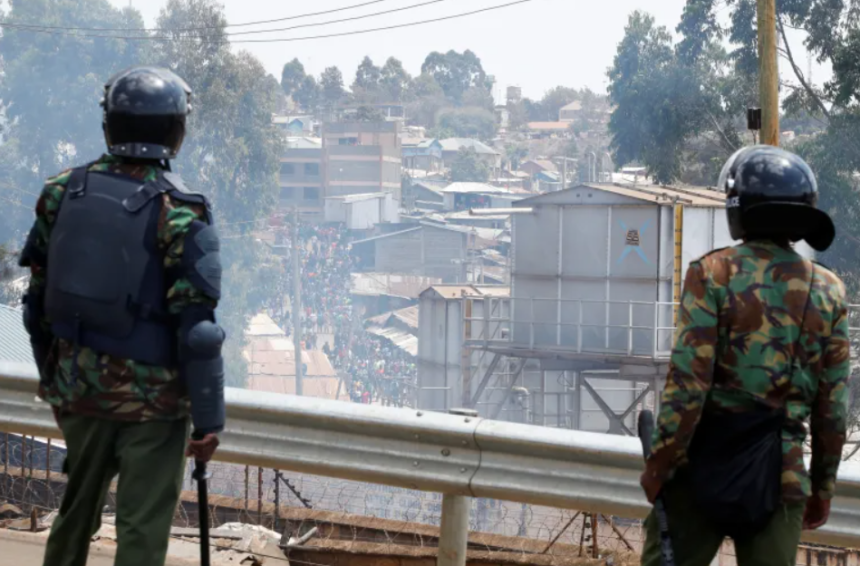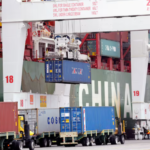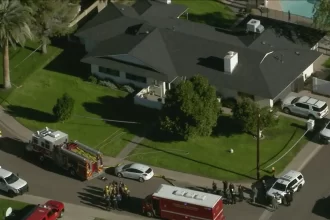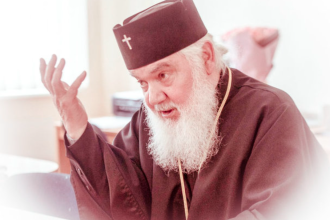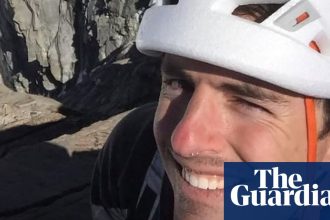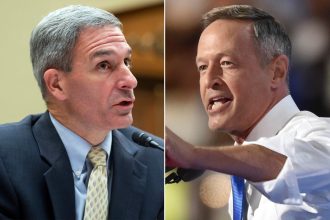For the first time since 2008, Kenyan President William Ruto is visiting the United States for a three-day state visit.
A multinational security operation in the unstable Caribbean country of Haiti—a mission that Kenya is heading and Washington is supporting—will be at the top of Ruto and Biden’s agenda when they meet at the White House on Thursday.
Even while the US has declined to send troops to the UN-backed project, Washington has still emerged as Kenya’s most vocal ally and the mission’s largest donor, despite internal opposition to the plan in Nairobi.
There have been heated discussions in Kenya’s Parliament and courts about the proposed police deployment to Haiti, which would be the first for the East African nation outside the continent.
The following details the intended mission, how Kenya became involved, and the reasons some people are vehemently opposed to it:
Who is against the MSS, and why is Kenya intervening in Haiti?
Human rights organizations, attorneys, and opposition MPs in Kenya vehemently opposed the deployment, but Ruto has persisted. In January, he told reporters that the expedition was motivated by “a bigger calling to humanity.”
Had a telephone conversation with United States Secretary of State Antony Blinken on the developments in Haiti. @SecBlinken briefed me on the decision of the Summit of Caribbean Countries (Caricom) and the US, together with other partners, on the political situation in Haiti.…
— William Samoei Ruto, PhD (@WilliamsRuto) March 13, 2024Legislators in the opposition charge that Ruto’s administration has failed to safeguard Kenya and that the nation is just participating in the project for financial benefit. They further claim that the constitution, which only permits military deployments, is being broken by the government’s use of police.
A judge ruled in January that the government lacked the authority to send out police officers and that a separate security agreement with Haiti would be necessary after a politician contested the mission in court. When the gangs started war on the then-Haitian prime minister while he was away in February, Henry was in Nairobi to sign that deal, which ultimately forced him to quit and go into exile in Puerto Rico.
Once Henry left in March, Ruto’s government temporarily stopped the MSS deployment; however, once a new transitional government was established in Haiti under the direction of newly appointed Prime Minister Fritz Belizaire, preparations resumed.
Despite Ruto’s machismo, opposition MPs in Kenya submitted a second complaint to be considered in June.
Human rights activists point out that there is a long history of allegations against Kenya’s police force about extrajudicial killings and torture. When police opened fire on protestors in July opposing proposed tax rises and rising living expenses, at least 35 people were murdered.
Foreign meddling also apprehensions many in Haiti. The 15-year UN presence there has a tarnished reputation due to claims of sexual assault against peacekeepers and that they brought cholera to the nation.
Foreign meddling also apprehensions many in Haiti. The 15-year UN presence there has a tarnished reputation due to claims of sexual assault against peacekeepers and that they brought cholera to the nation.


